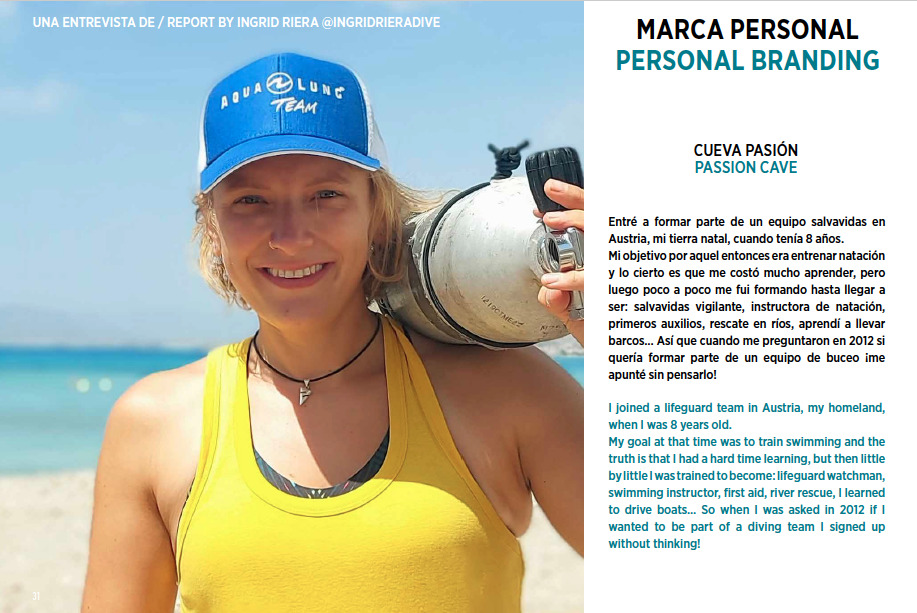What Are Angelsharks?
The angel shark family is the second most threatened family of sharks and ray in the world. These species are susceptible to the combined impacts of fishing and habitat degradation, due to their coastal location and biology (large, flat-bodied animals with low reproduction rates).
Three species of angel shark were once widespread throughout the Eastern Atlantic and Mediterranean Sea (Angelshark, Sawback Angelshark & Smoothback Angelshark), but following widespread decline only fragmented populations remain. Find out more about these species on the Angel Shark Conservation Network.
The Canary Islands is the unique stronghold for one species – the Angelshark (Squatina squatina) – where it is found in much greater numbers and is regularly sighted by divers and fishers.
The Angel Shark Project: Conserving the Rare Species
The Angel Shark Project works tirelessly to gather data on these elusive creatures by tagging them with non-invasive T-bar tags and acoustic tags that track their movements. Through collaborations with local divers and researchers, the project aims to better understand Angelshark habitat use and protect these creatures.
Angelsharks are tagged underwater using a noninvasive visual T-bar anchor tag that are visible to scuba divers. On each island of the canaries, a different tag color is used. Through collaborations with local divers and researchers, the project aims to better understand Angelshark habitat use and protect these creatures. In La Graciosa they also tag with acoustic tags that track the movement of Angelsharks via a network of acoustic receivers gathering even more data.
My Dive with the Angel Shark Team
I had the incredible opportunity to join the Angel Shark Project team on La Graciosa Island, a small island just north of Lanzarote. Over the course of our dive trip, we managed to tag six male and two female Angelsharks, a significant achievement considering that females are usually more abundant. This tagging process helps the team gather insights into the sharks’ movements and behaviors.
One of the key tasks of the project was retrieving deep receivers and installing new turbidity sensors to further monitor the Angelsharks’ activities. I had the chance to learn firsthand from the biologists about their work, which was both fascinating and rewarding.
Why It Matters
Helping tag Angelsharks underwater is one way we can contribute to this incredible conservation effort. It was deeply satisfying to not only witness these incredible creatures but also to be part of a scientific study that has the potential to make a real difference in the protection of the species.
Pictures by Iñigo Mínguez Aranguren
If you want to know more, check out the Angel Shark Project website.
(c) Angel Shark Project Canary Islands







